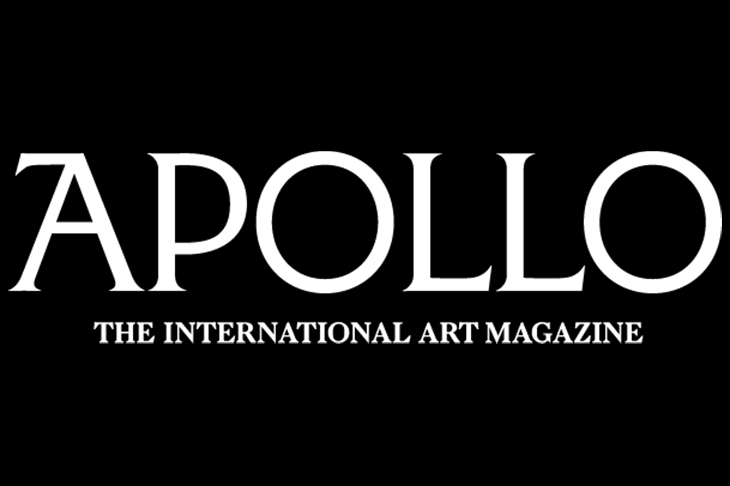Our daily round-up of news from the art world
Pierre Bergé (1930–2017) | The businessman, philanthropist, and art collector Pierre Bergé has died at the age of 86. Though best known for his professional interests in fashion, politics and the media, Bergé ‘always had a passion for the arts’, says the Art Newspaper. In his youth, he befriended figures including Jean Cocteau and Bernard Buffet, in later life becoming a loyal supporter of various art museums and receiving the title of ‘Grand mécène des arts et de la culture’ from France’s culture ministry in 2001. Along with his partner, the fashion designer Yves Saint-Laurent, he put together a near legendary art collection that sold at auction for €374m after the latter’s death in 2008. For a profile of his cultural endeavours, see Le Monde’s tribute (French language article); for a wider-ranging explanation of his prominent role in French public life, see the New York Times’s obituary.
David Ross is the new chair of the National Portrait Gallery | The entrepreneur and philanthropist David Ross, who co-founded Carphone Warehouse, has been appointed the new chair of the board of trustees of the National Portrait Gallery, London. Ross will take up the post immediately.
The Witte de With Center for Contemporary Art will change its name | The supervisory board of the Witte de With Center for Contemporary Art has decided that it will dispense with the first part of its name, reports Artforum. The institution was named for Witte Corneliszoon de With, a 17th-century Dutch admiral who led punitive expeditions into areas of what is now Indonesia. ‘In light of recent national and global developments we have come to realise that the reference in our name to Witte Corneliszoon de With, and its connotations, are in conflict with the values we stand for as an institute for contemporary art and culture’, said board chair Kees Weeda. A new name will be announced in 2018.
Report into Ebacc warns of cutting ‘pipeline’ from schools to the creative industries | A report into the new syllabus of the English Baccalaureate (EBacc) syllabus published by the Higher Education Policy Institute has warned that the new system’s focus on non-artistic subjects could have a deleterious impact on Britain’s creative industries. Among other findings, the report states that teaching hours for art and design has dropped by more than 10 per cent since 2010 and that there has been a decrease in subject staff in 40 per cent of schools. The study concludes that the hitherto consistent ‘pipeline’ of creative talent from schools to universities and ultimately to creative sector jobs is ‘in danger of fracturing’ under the current system.
Recommended reading | In Le Figaro (French language article), Lucas Latil tells the story of Eduardo Martins, a war photographer whose images were used by outlets including Vice and the BBC. Or so everyone thought. A BBC investigation has now proved that ‘Martins’ was an completely fictional entity, and that ‘his’ images were entirely stolen from other sources. New York’s Jerry Saltz visits Kara Walker’s new show at Sikkema Jenkins & Co, describing it as ‘terrifyingly beautiful’ and ‘monstrously magnificent’. And in the Guardian, Jonathan Meades reviews Richard Rogers’s new autobiography and suggests that the title for any prospective sequel should be: Prosecco Socialism: A User’s Manual.
